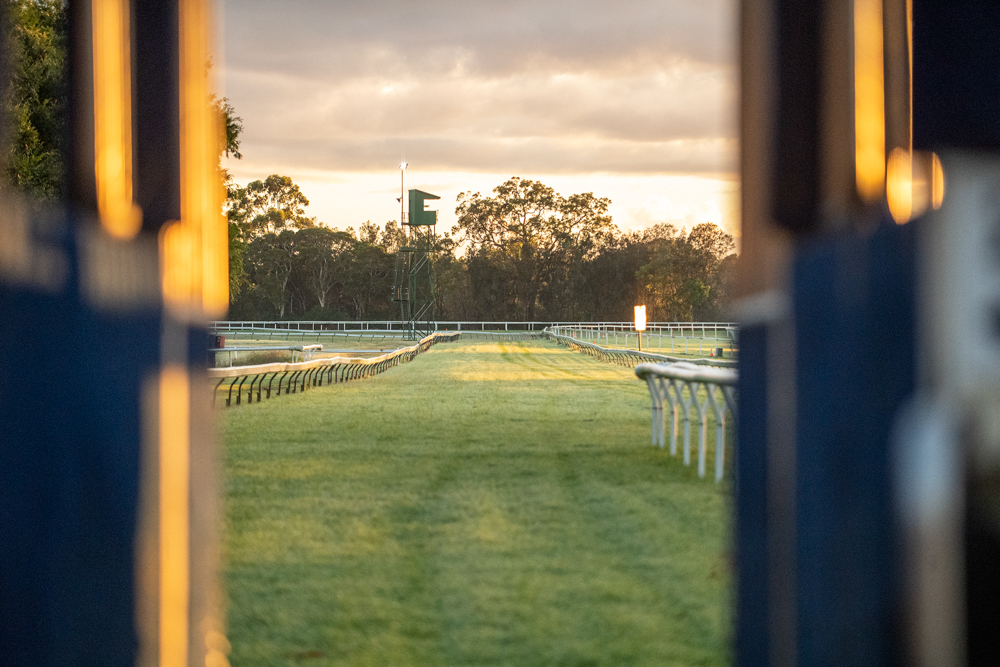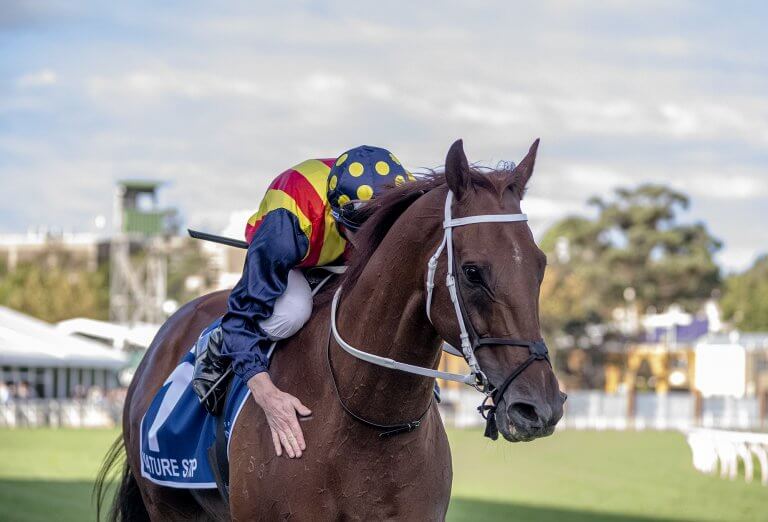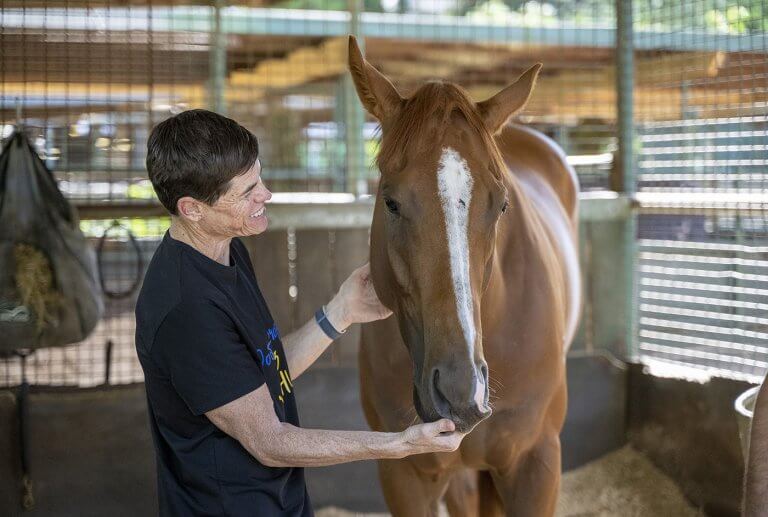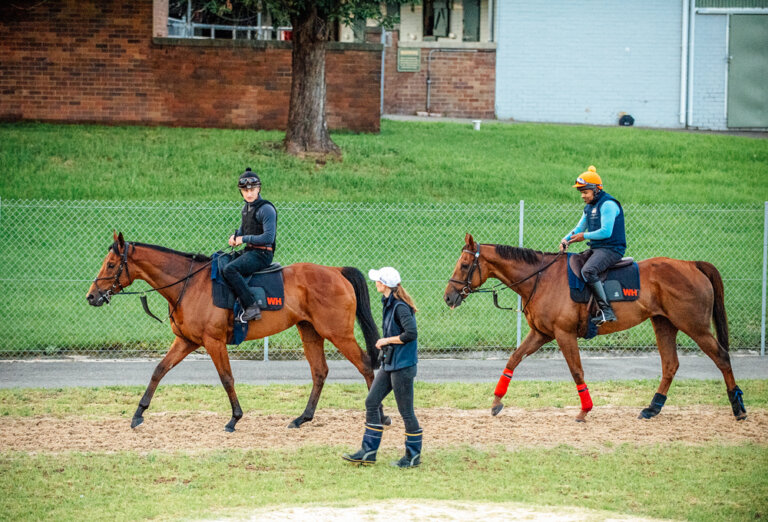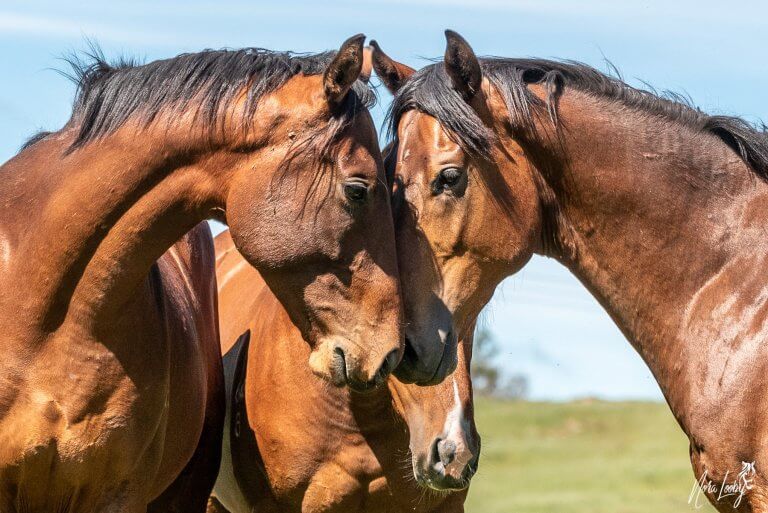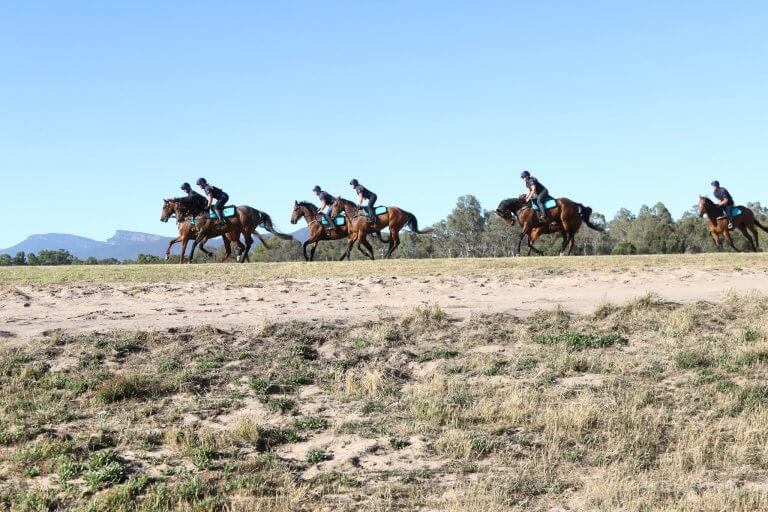One of the more shocking visuals that anti racing activists like to use to promote hysteria is an image of a horse galloping with blood in its nostrils.
It can be frightening to see a horse bleeding from the nostrils – something has clearly gone wrong. But where does the blood come from?
In humans, a nosebleed comes from the tissue that lines the inside of your nose.
If you see a horse with blood in its nostrils after a race (which is, fortunately, uncommon), it’s likely to be Exercise Induced Pulmonary Haemorrhage (EIPH).
EIPH can also occur in polo, eventing and other equine sports that require strenuous exercise.
How does it happen?
Horses are remarkable athletes, whose respiratory systems are supremely capable of delivering high airflows and the oxygen that is necessary for superior athletic performance.
They have huge, powerful lungs, a big heart and an enormous spleen that dumps millions of red blood cells into the bloodstream when they gallop – it’s their way of naturally ‘blood doping’ and one reason for their amazing athleticism.
Horse’s have such amazing lung capacity that during intense exercise their ventilation (breathing) can increase from 80 litres of air/minute to a staggering 1800 litres of air/minute. The additional red blood cells are added from the spleen to the circulatory system to help carry the oxygen from the lungs to the heart, muscle and other organs that need more oxygen during exercise.
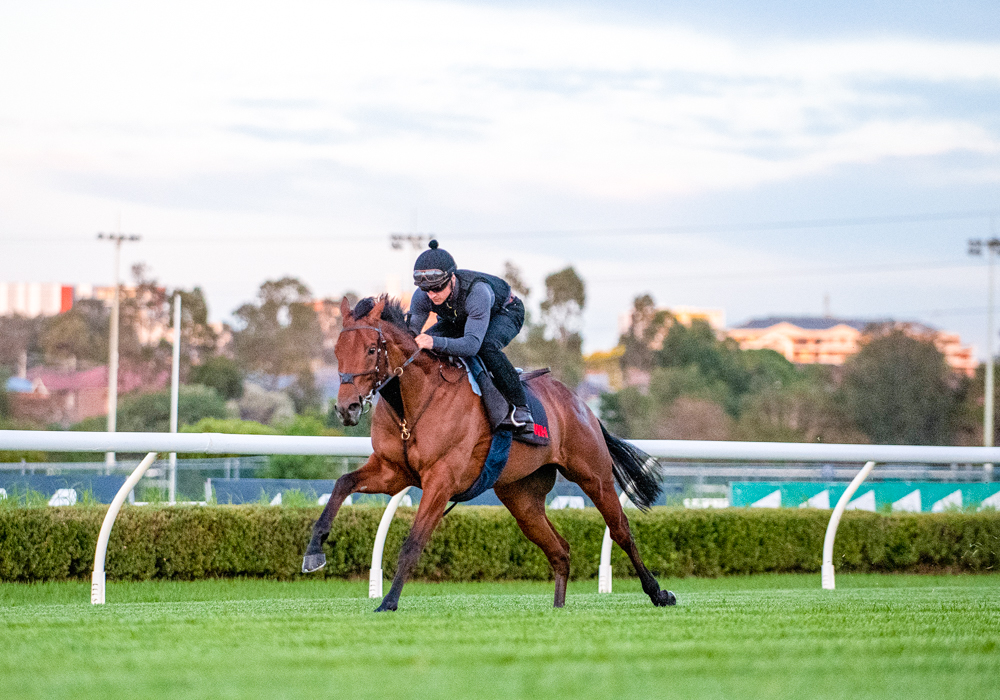
When they’re galloping fast, the viscosity (that is, thickness or stickiness) of the blood increases from the additional red blood cells, and the pressure rises inside the smallest vessels – the pulmonary capillaries; 75% of horses experience a minor degree of EIPH in their career, due to stress failure of these small capillaries.
Very occasionally, the blood vessels can burst and blood may appear in the nostrils, which indicates a more serious condition and affects around 0.15% of starters.
Sometimes, a single bleed from the lungs may be caused by illness, for example a throat infection which can be treated with standard antibiotics.
The impact on racehorses
Unsurprisingly, ‘bleeding’ is stressful for a horse as it can restrict their airway.
Under the rules of racing in Australia, horses are allowed to race once more after their first ‘bleed’ (after an enforced 2-month break from training) – but are banned from racing for life if it happens a second time.
Bleeding is also highly detrimental for performance in a racehorse, so there’s no incentive for owners and trainers to race horses who bleed, even if they could try to hide it in some way. A study from Melbourne found that horses who suffer a ‘bleed’ tend to finish significantly further behind the winner than horses who don’t suffer from EIPH, a result which is supported by multiple studies from around the world.
Fortunately, horses recover perfectly well from a ‘bleed’ and have no problem transitioning to other activities, which aren’t quite as intense as racing. (2)
